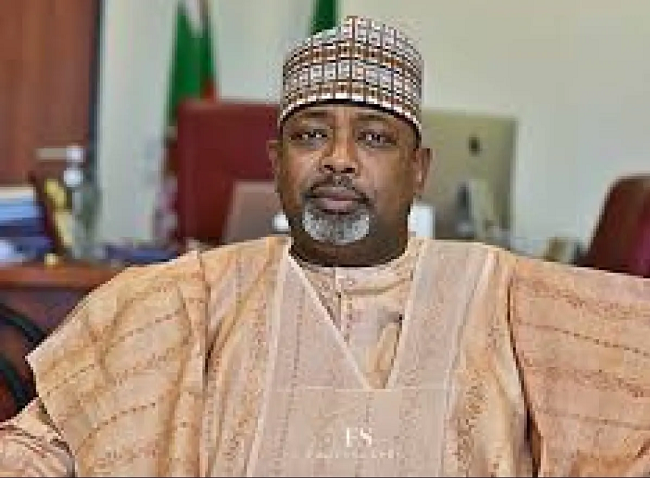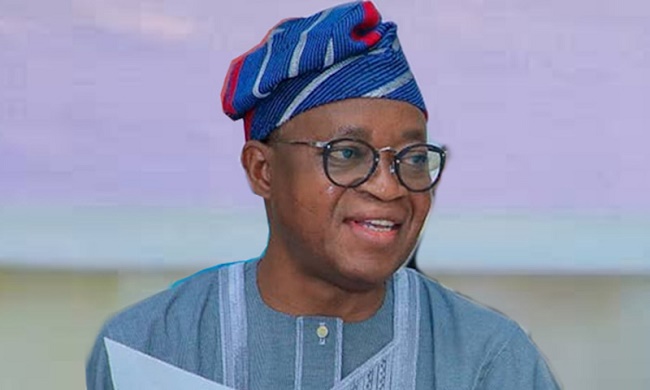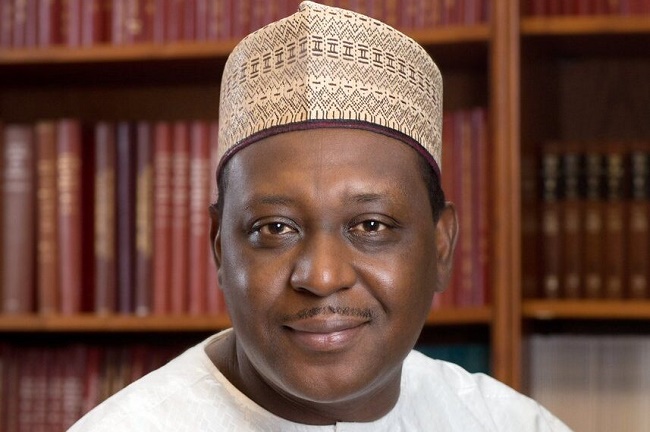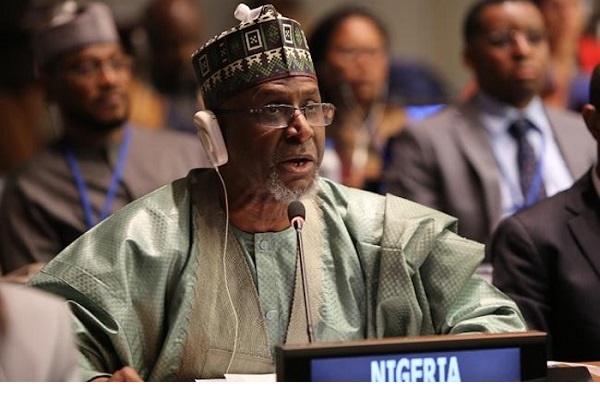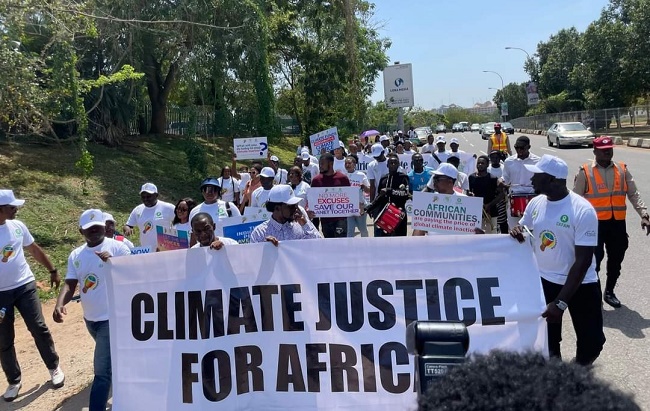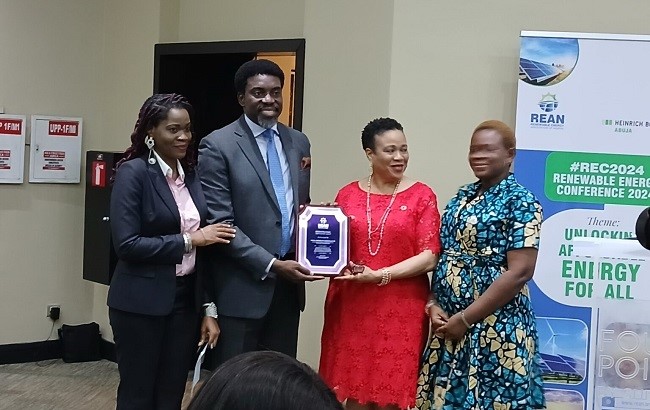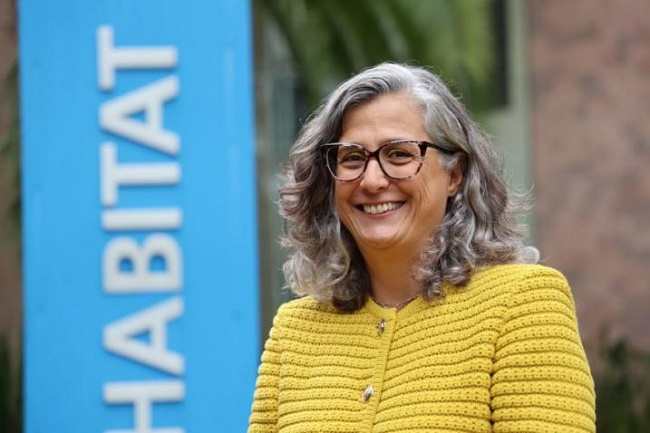Three oil marketers have prayed a Federal High Court in Abuja to dismiss a suit filed by Dangote Petroleum Refinery and Petrochemicals.

The oil marketers, in a joint counter affidavit marked: FHC/ABJ/CS/1324/2024 filed in response to Dangote Refinery’s originating summons, told Justice Inyang Ekwo that granting that application would spell doom for the country’s oil sector.
According to them, the plan to monopolise the oil sector is a recipe for disaster in the country.
The three marketers: AYM Shafa Limited, A. A. Rano Limited and Matrix Petroleum Services Limited, in their response, said the plaintiff did not produce adequate petroleum products for the daily consumption of Nigerians.
Besides, they argued that there was nothing placed before the court to prove the contrary.
Dangote Refinery had sued Nigeria Midstream and Downstream Petroleum Regulatory Authority (NMDPRA) and Nigeria National Petroleum Corporation Limited (NNPCL) as 1st and 2nd defendants.
Also listed as 3rd to 7th defendants respectively in the originating summons dated Sept. 6 are AYM Shafa Limited, A. A. Rano Limited, T. Time Petroleum Limited, 2015 Petroleum Limited, and Matrix Petroleum Services Limited.
The company had prayed the court to declare that NMDPRA was in violation of Sections 317(8) and (9) of the Petroleum Industry Act (PIA) by issuing licenses for the importation of petroleum products.
It stated that such licenses should only be issued in circumstances where there is a petroleum product shortfall.
It also urged the court to declare that NMDPRA is in violation of its statutory responsibilities under the PIA for not encouraging local refineries such as the company.
But the marketers, in their response filed on Nov. 5, told the court that they are well qualified and entitled to be issued import licence by NMDPRA to import petroleum products in Nigeria within the meaning of Section 317(9) of the PIA.
They argued that vesting Dangote Refinery with the power of monopoly in Nigeria’s petroleum industry as it sought vide the instant suit, would kill competitive pricing of petroleum products in the country.
They said that such act would further deteriorate the country’s critically ailing economy “and unleash untold hardship on Nigerians, all of which constitute a recipe for disaster in the polity. “
They said if Nigeria puts all her energy eggs in one basket by stopping importation of petroleum products and allowing the plaintiff to be the sole producer and supplier of petroleum products in Nigeria, with liberty to determine the prices at which it supplies the products, the prices of petroleum products would continue to rise, and energy security would elude Nigeria.
“That in the event of any breakdown in or obstruction to the production chain of the plaintiff which stops it from producing, Nigeria will be thrown into energy crises because it does not have the reserves that would last it for at least 30 days that it would need to order, pay for, freight and import refined products into tanks in Nigeria.
“That amidst the glaring absence of any credible and demonstrable proof that the plaintiff refines and supplies adequate petroleum products for the daily use/consumption of Nigerians, is a recipe for disaster in Nigeria’s energy sector.”
They further told the court that granting the reliefs sought by the plaintiff was a design to leave Nigeria and Nigerians at the mercy of the plaintiff with respect to availability and cost of purchasing petroleum products in the country.
They equally argued in their reply that they are fully qualified for the issuance of the import licences issued to them by the 1st defendant, as they duly met all the legal requirements for the issuance of such import licences, before same were issued to them.
“The import licences lawfully and validly issued to the defendants did not in any way whatsoever, cripple the plaintiff’s business or its refinery.
“The import licences issued to the defendants by the 1st defendant are in line with the provisions of Petroleum Industry Act, 2021, the Federal Competition and Consumer Protection Act, 2018 and other relevant laws,” they told the court.
Justice Ekwo had fixed Jan. 20, 2025, for report of settlement or service.
By Taiye Agbaje

